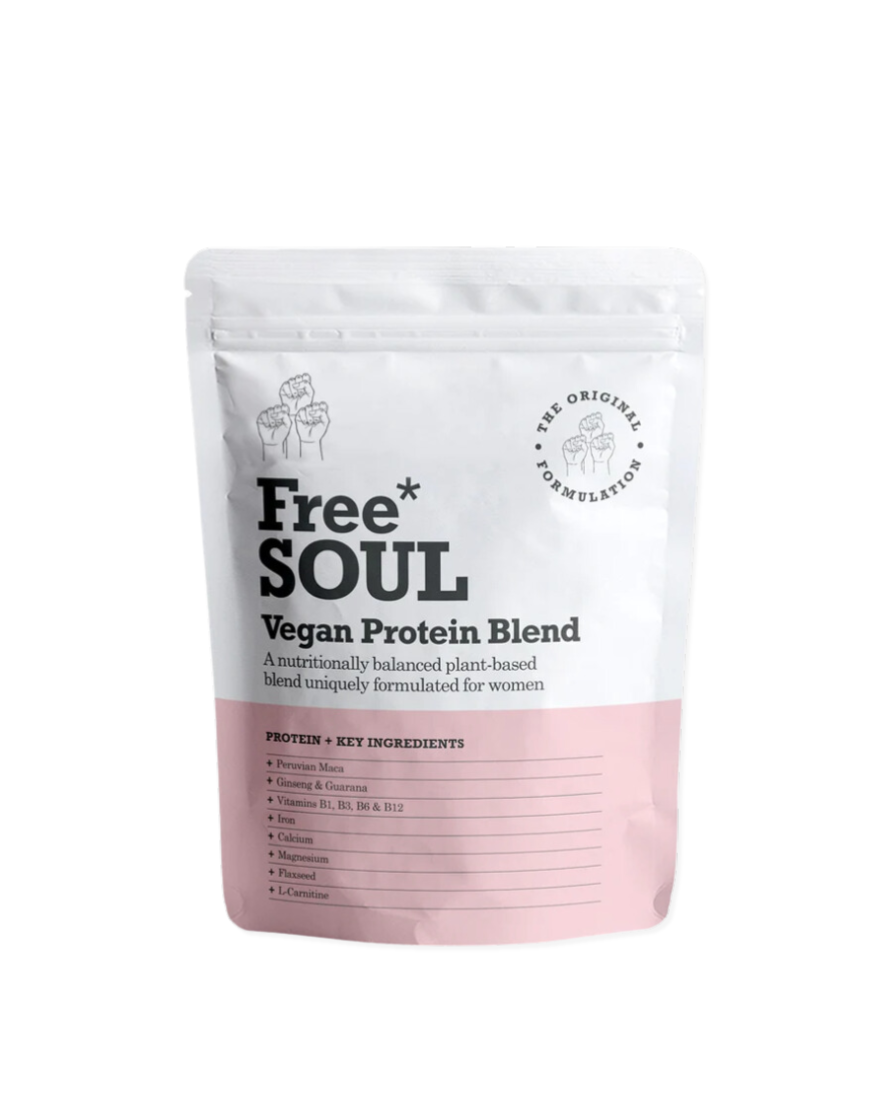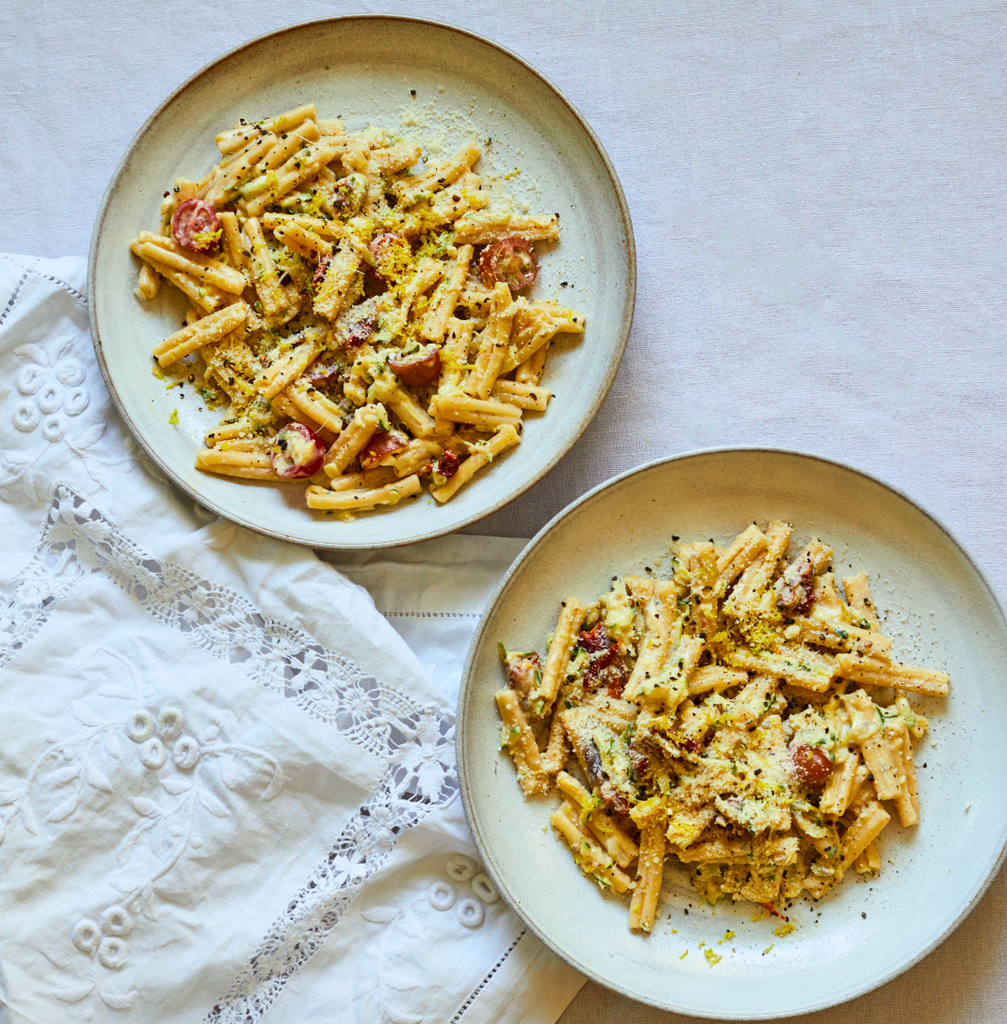2. Reduce Your Stress Levels
When you’re stressed, the body releases cortisol and “fight or flight” hormones such as adrenalin (which is largely the reason why you feel giddy when suffering from anxiety). Although occasionally, in situations where you actually need your body to “fight or flight”, high cortisol levels and adrenalin are perfectly fine and genuinely helpful.
However, when you don’t actually need your body to react in this way or if you continue to be stressed for a prolonged period of time, your heart rate, blood pressure, and feelings of anxiety continue to be heightened. Additionally, stress promotes inflammation.
Therefore, one of the most important things you can do to support your mind-gut connection is to reduce your stress levels. You can do this in a number of ways, one of the best being practising mindfulness.
Mindful practices such as meditation, yoga, painting, journaling, breathwork, and listening to music, can help to actively reduce stress levels, significantly. Try to incorporate at least 10-15 minutes of mindful practice into your daily routine and feel your stress levels lower!
Of course, it’s also important to say that if you experience high-stress levels, anxiety, or any other kind of mental illness on a regular basis, you should definitely seek professional help.
3. Supplement With Adaptogens
Adaptogens are herbs that physically change the way the body responds to stressors, whether emotional, physical, or environmental, hence the “adapt” in “adaptogen”.
Adaptogens are incredibly powerful at lowering stress levels both in the short-term and even more impressively, in the long run. Adaptogens reduce stress levels and promote the production of neurotransmitters such as serotonin, both of which support the mind-gut connection and support overall health and wellbeing.
Adaptogens are widely available and are typically consumed as capsules or powdered supplements. The most popular and potent adaptogen supplements out there are Ashwagandha, Rhodiola Rosea, Astragalus, Tulsi, and Ginseng.
Pro tip: adaptogens might provide long-term benefits but most of them are supposed to be taken on a daily basis only for a period of 3 months at a time. Always read and follow the instructions on any supplement you buy!






















